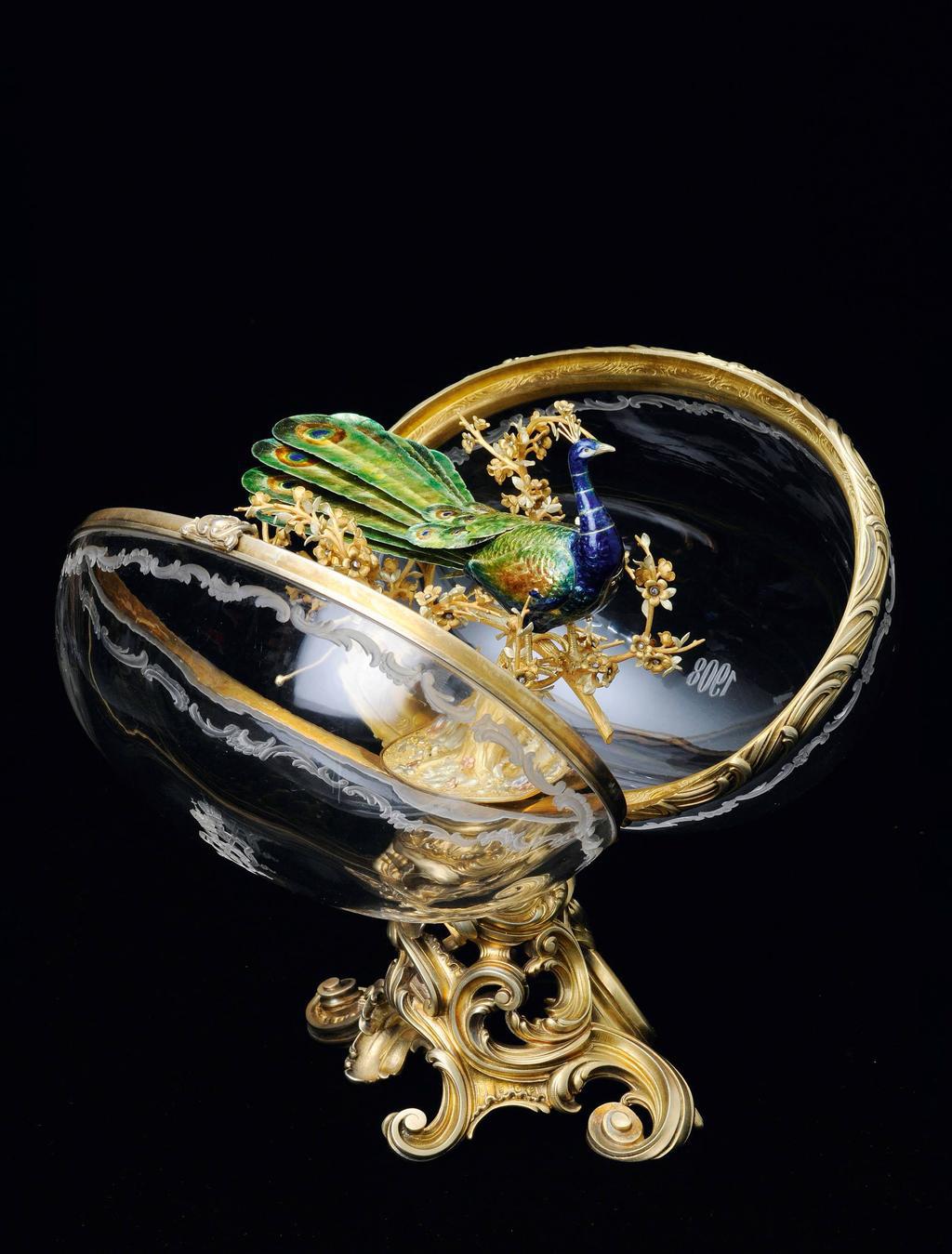The man who made the golden eggs

MORE than a century after war and revolution destroyed its business, the name of Fabergé lives on as a byword for opulent craftsmanship. The work commands huge sums today and, most thrillingly, Fabergé pieces that were thought to be lost are still being discovered, suggesting there are other forgotten treasures lying unrecognised in attics and flea markets. In the decades leading up to the First World War, the firm’s exquisite bibelots were the social currency of the European elite; yet the story of Fabergé is a symbolic and ultimately poignant one, for it mirrors the romance and glamour of imperial Russia and the final tragedy of the Romanovs.
The man behind the firm’s success was Peter Carl Fabergé, a descendant of Huguenots whose jeweller father opened a shop in St Petersburg in 1842. Born in 1846, Carl studied the techniques and masterpieces of gold-smithing during
You’re reading a preview, subscribe to read more.
Start your free 30 days





